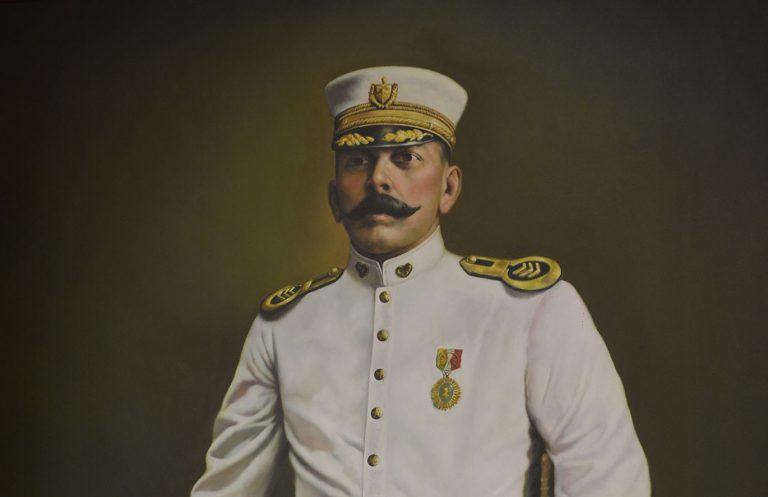In the romantic genre and among Spanish-American composers, Marín Varona occupies a position of Honor in his own right.
Eduardo Sánchez de Fuentes
Until a few years ago, the name of José Marín Varona was almost unknown in Camagüey history, and, what is even sadder, in the musical history of our country. It has even been relegated to the background by other artists of outstanding trajectory from foreign lands, when naming certain musical teaching institutions within the province. An example of this is the José White Conservatory.
Perhaps, amending this error has been one of the main reasons that our institution named after this outstanding musician the Concert Hall, in 2017. In addition to this, the thirteenth edition of the magazine Senderos published an article by Professor Lourdes María Cepero Estrada, in which Marín Varona is remembered and denounces the lack of recognition of his work.
The truth is that Marín Varona was a pianist, composer, professor and music critic, considered in his time one of the most representative artists of ballroom music. According to Lourdes Cepero, his catalog included an operetta, numerous zarzuelas, tangos, waltzes, mazurkas, two-steps, songs, guajiras and other creole genres such as danzón, habanera and guaracha, independently of the Album of pieces for piano, an Album of ballads for triple and Cuban Caprices, which became known under the generic name of Tropicales.
This last album was awarded a silver medal at the Paris Universal Exhibition in 1900; it was the winner of certificates and the first prize at the National Exhibition of 1911.
His independence ideas forced him to leave for Key West, due to pressure from the Spanish Colony, and in exile he continued to offer concerts with the purpose of collaborating with the national independence cause outside the island.
After 1902, he founded and directed until his death, the Artillery Band, which from 1905 would become the Army Staff Band. For this reason, according to Cepero, Marín Varona should be recognized as the founder of the military bands in Cuba.
He was deputy director of the Musical Gazette of Havana and founded the magazine Cuba Musical, in which he exerted as a music critic. He was also a professor at the Municipal Conservatory of Havana, a member of the National Academy of Arts and Literature and president for several years of its Music Section.
It is said that one of the last times he was seen in public was on February 24th, 1912, at the gala for the unveiling of the equestrian statue of Ignacio Agramonte. There, the Republic Headquarters Band premiered the overture Al Mayor, composed by Varona. Shortly after, he died in Havana, on September 12th of that year, and at his funeral the Infantry Band performed his famous song Remember me. There was no better way to say goodbye to someone who was in his lifetime a faithful defender of music and military bands.
Translated by: Aileen Álvarez García






